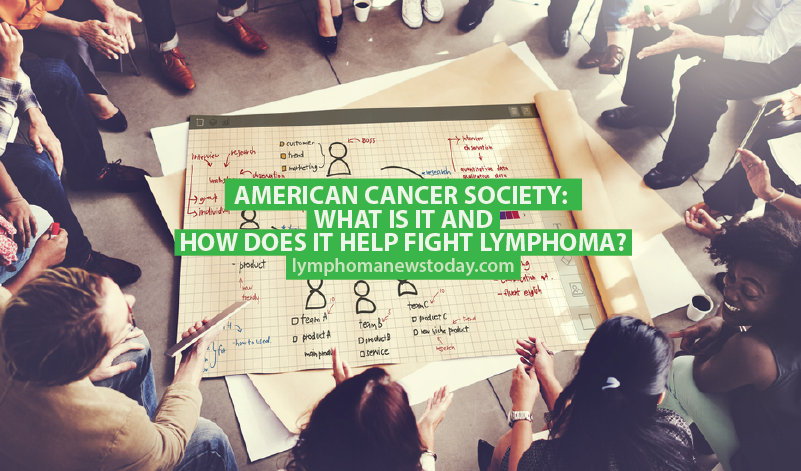
The American Cancer Society (ACS) is an historic institution in U.S. medicine. The society has been working for more than a century with the goal of helping people who suffer from all types of cancer by improving their quality of life, helping find cures, and fighting back cancer. But how did it all start and how can patients who suffer from lymphoma benefit from its work?
The nationwide, community-based, voluntary health organization got its start in 1913 when it was founded by 10 doctors and five laypeople in New York City. At the time, being diagnosed with cancer was almost certainly a death sentence because there was little information known about the disease. People did not talk about cancer in public, and doctors would sometimes conceal the name of the disease to avoid panic.
The founders of the society believed they could raise public awareness about cancer to advance the fight against the disease. It began as the American Society for the Control of Cancer (ASCC), but over time, the organization changed its name to the American Cancer Society, which has its headquarters in Atlanta, Georgia, with regional and local offices throughout the country in 11 geographical divisions.
The American Cancer Society is “dedicated to eliminating cancer as a major health problem by preventing cancer, saving lives, and diminishing suffering from cancer through research, education, advocacy, and service,” the society states on its website. “The American Cancer Society’s international mission concentrates on capacity building in developing cancer societies and on collaboration with other cancer-related organizations throughout the world in carrying out shared strategic directions.”
Since the American Cancer Society is focused on all types of cancer, lymphoma patients can benefit from getting involved with the organization. For people who are at risk of suffering from lymphoma, the American Cancer Society can help with tips on prevention and detecting it as early as possible.
The society also provides information, programs, services, and community referrals to lymphoma patients, survivors, and loved ones, while it’s determined to advance research in the field and help find more effective treatments for lymphoma.
The ACS funds research to help understand the causes of cancer, figure out the best ways to prevent it, and hopefully find new ways to cure the disease.
“Learn about our research program that includes extramural grants, behavioral research, intramural epidemiology, and surveillance research,” the ACS says. “We work with lawmakers to pass laws to defeat cancer and rally communities worldwide to join the fight. Learn more about how we promote beneficial policies, laws, and regulations for patients and families affected by cancer through our advocacy and public policy work – and how you can get involved.”
The American Cancer Society offers informational resources about the different types of lymphoma, both in adults and children, lymphoma causes and risk factors, treatment options, potential side effects, nutrition, and other aspects of dealing with the disease. Patients can also find help and support to cope with the emotional demands of suffering from lymphoma.
These include Patient Lodging Programs; Road to Recovery (Rides to treatment); TLC: Hair loss and mastectomy products; Look Good Feel Better (Help with appearance-related side effects of treatment); Look Good Feel Better for Teens; Online Communities and Support; Cancer Survivors Network; I Can Cope – online cancer education classes; MyLifeLine.org – Free Personal Cancer Support Websites; and Patient Navigator Program (Personal cancer guide).
Find out more about the American Cancer Society’s support programs here.
Learn more about the American Cancer Society here.
Note: Lymphoma News Today is strictly a news and information website about the disease. It does not provide medical advice, diagnosis, or treatment. This content is not intended to be a substitute for professional medical advice, diagnosis, or treatment. Always seek the advice of your physician or other qualified health provider with any questions you may have regarding a medical condition. Never disregard professional medical advice or delay in seeking it because of something you have read on this website.

